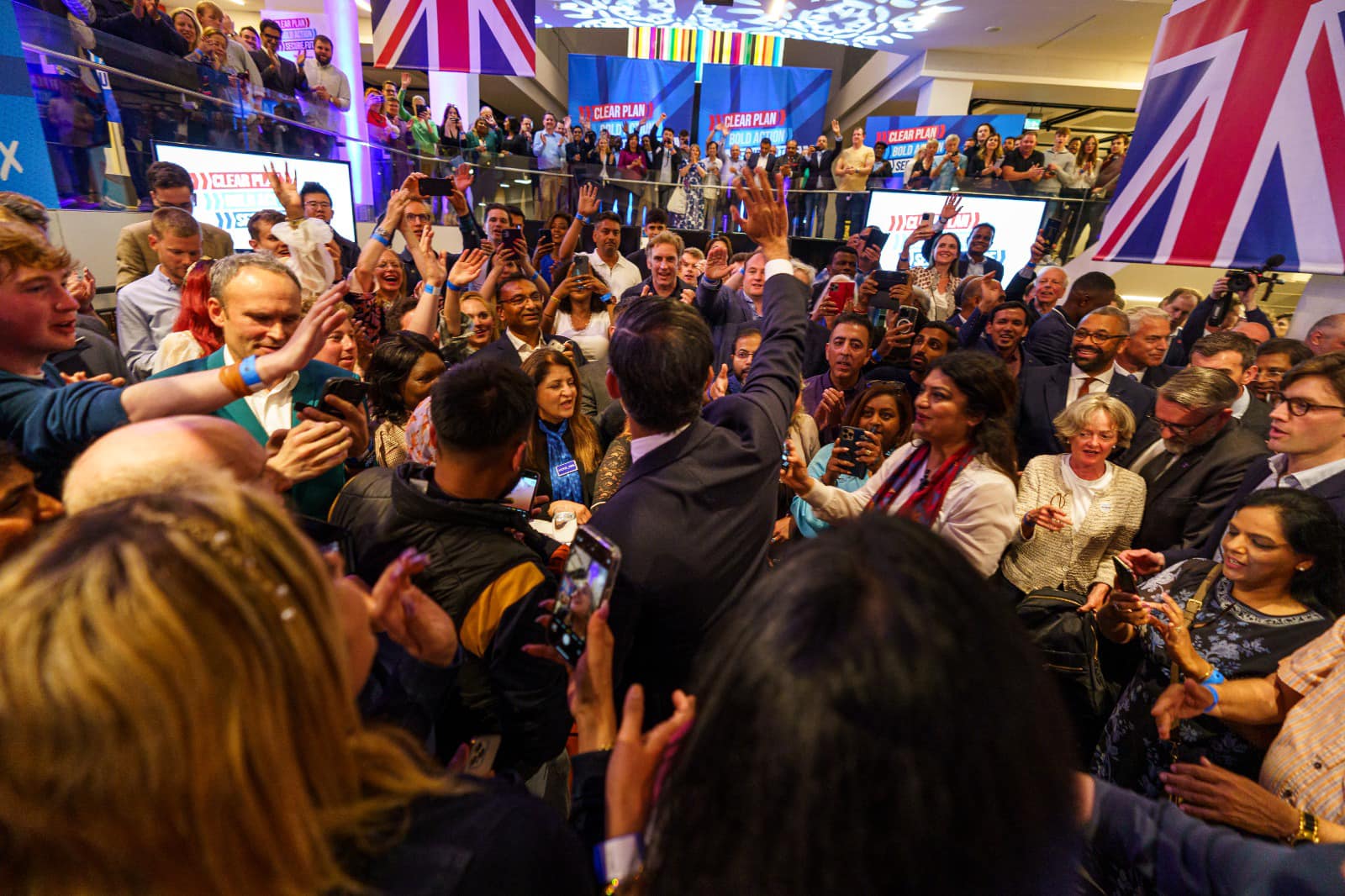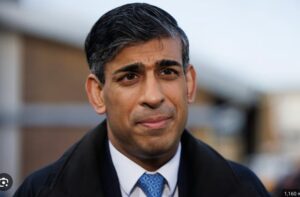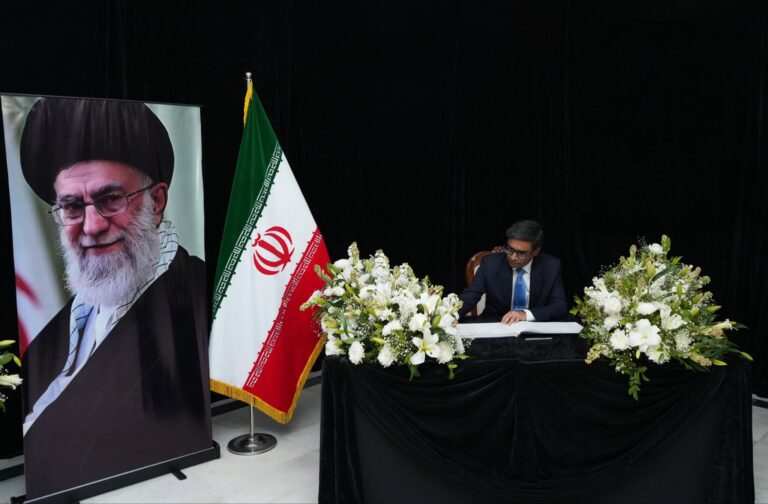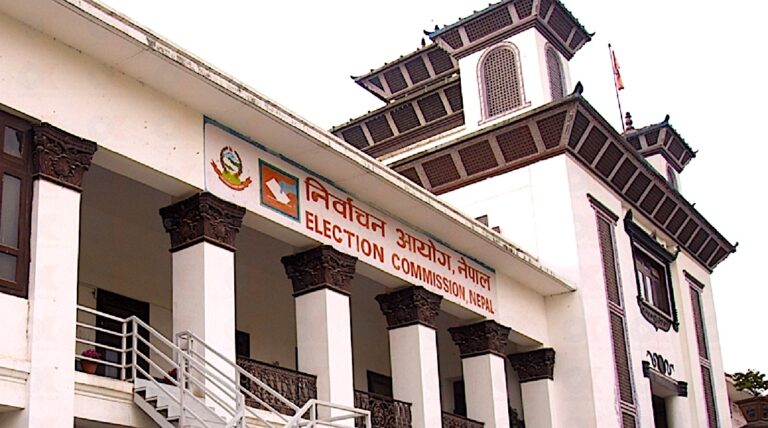
"To the hundreds of Conservative candidates, thousands of volunteers and millions of voters: Thank you for your hard work, thank you for your support, and thank you for your vote" - Text and photo from Rishi Sunak's Facebook post.
London: In the aftermath of the electoral defeat that left the Conservative Party reeling, Rishi Sunak, Britain’s first non-white and first Hindu Prime Minister, stands at the crossroads of political legacy. How did this accidental leader, thrust into the spotlight after a series of tumultuous events, find himself presiding over the Tories’ worst electoral performance in their 346-year history?

Labour won 412 of the total 650 seats, up 210 from their total from the 2019 election. The Conservatives won 121 seats, down 244 from their 2019 total of 365 seats.
Now, let’s delve into the origins and complexities of Sunak’s journey.
The Genesis: Brexit and Tory Turmoil
The seeds of the Tories’ downfall were sown long before Sunak’s premiership. The Brexit crisis, ushered in by former Prime Minister David Cameron’s ill-fated referendum, set the stage for political chaos. As the United Kingdom grappled with its divorce from the European Union, subsequent leaders—Theresa May, Boris Johnson, and others—struggled to navigate the treacherous waters. Their missteps, indecision, and internal divisions weakened the party’s foundations.
Sunak’s Unconventional Rise

Sunak’s ascent was unconventional. He wasn’t elected by the people as a Prime Minister but rather emerged as a Member of Parliament and rebelled against Boris Johnson’s leadership. To the right-wing faction, he became a perceived traitor—a man who dared challenge the status quo. His crisis management skills were lauded, yet his perceived elitism and detachment from ordinary citizens fueled criticism. The Conservative Party resembled a fractured puzzle, with factions actively opposing Sunak’s leadership.
Scapegoat and Victim
Diversity and inclusion have made strides in the UK, but Sunak faced a double-edged sword. As a Prime Minister of Indian heritage, he symbolised progress. Yet, he became a scapegoat for the chaotic governance of his Tory predecessors. Overt racism still lingered, casting shadows on his tenure. The media spotlight intensified, magnifying every misstep and amplifying the whispers of discontent.
Sunak’s Negative Campaigning
Rishi Sunak’s campaign was criticised for its negative tone, often focusing on attacking opponents rather than presenting a positive vision for the future. For example, Sunak frequently targeted Keir Starmer’s previous roles and decisions, questioning his competence and leadership. Additionally, Sunak’s ads often highlighted perceived failures of the Labour Party rather than promoting his own policies. In contrast, Keir Starmer, who has now succeeded Sunak as Prime Minister of the UK, employed a more constructive approach, utilising rhetorical devices such as parallelism to emphasise his points and connect with voters. For instance, Starmer’s speeches often featured balanced and repetitive structures, such as “We will build a better economy, we will build stronger communities, and we will build a fairer society,” which reinforced his message of comprehensive reform and hope.
Sunak’s Legacy: Crisis Management and Economic Recovery
Amidst the turmoil, Sunak’s legacy lies in crisis management. His adept handling of the post-COVID UK financial crisis—reining in inflation, stabilising debt, and reviving the economy—is now a gift to the incoming Labour government. But legacies are fickle. While economic success should define him, the electorate will remember him as the leader who presided over the Tories’ worst-ever election result.
As the dust settles, Rishi Sunak stands on the precipice of history. Whether he fades into obscurity or leaves an indelible mark remains to be seen. One thing is certain: the Tory ship, battered by storms of its own making, needs more than a skilled navigator—it needs a captain who can mend its fractured sails and steer it toward calmer waters.
*The writer is a London-based Indian immigrant who has made the United Kingdom his home and finds himself at the intersection of cultures. The political landscape – the ebb and flow of power, the clash of ideologies, and the pulse of democracy – captivates him. The published article is his perspective on the recent UK election.






